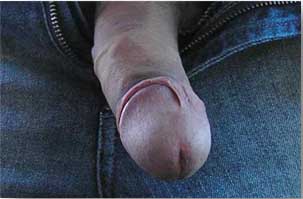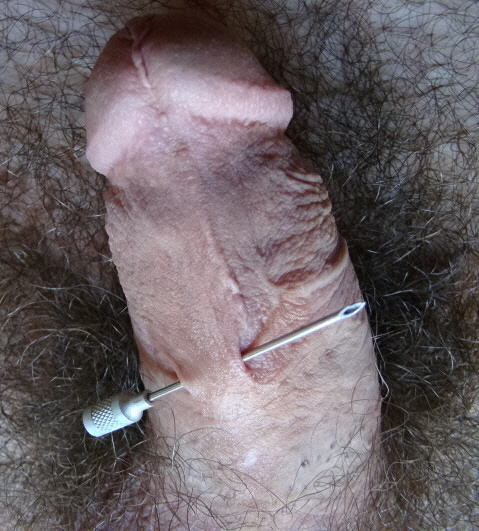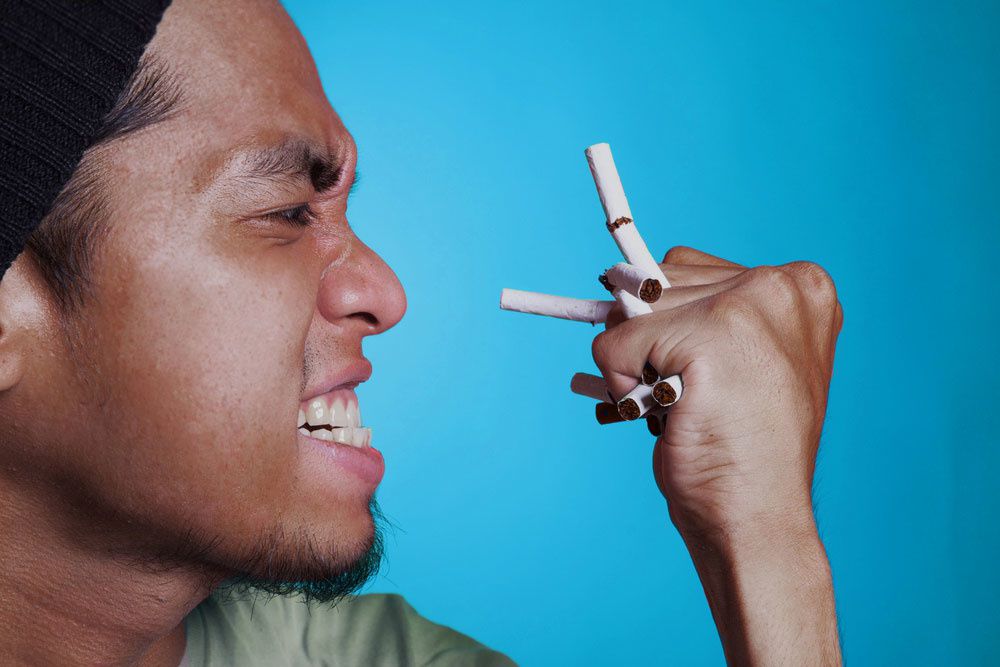Testosterone Therapy and Cancer Treatment
Testosterone Therapy and Breast Cancer
 Testosterone therapy has been in use for treatment of women who have problems with their libido for a long time. Its use, however, has not been without controversy. On one hand has been the concern that using testosterone therapy to treat libido problems in women may actually expose them to the risk of developing breast cancer. On the other, there has been evidence to suggest that using the therapy on women actually helps them by preventing the possible development of breast cancer. In this article, the possible use of testosterone therapy to provide protection against the development of breast cancer is examined.
Testosterone therapy has been in use for treatment of women who have problems with their libido for a long time. Its use, however, has not been without controversy. On one hand has been the concern that using testosterone therapy to treat libido problems in women may actually expose them to the risk of developing breast cancer. On the other, there has been evidence to suggest that using the therapy on women actually helps them by preventing the possible development of breast cancer. In this article, the possible use of testosterone therapy to provide protection against the development of breast cancer is examined.
Use of testosterone therapy for decreased libido
Testosterone therapy has been a popular option for treating women having problems with their libido. Theoretically, there are several problems that may be the root cause of lack of libido in women. For instance, factors arising from the situation in which a woman operates may result to a decline in sexual desire. Highly stressful environments characterized by tension definitely lead to a decline in sexual libido in women. Besides, use of drugs, particularly antidepressant and drugs used to treat mental illnesses such as psychosis, has been strongly associated with low libido in women. Further, other normal body processes that occur after menopause have also been pointed out as possible causes of low libido in women. Menopause -related factors may be as a result of body processes that occur after natural menopause or those induced by surgical menopause.
Since it has been known that such cases low libido in women may actually have an underlying relationship to hormonal imbalances, the use of hormone – based therapies to handle them has been a common practice. In all these cases, testosterone therapy has been used to stimulate the libido of such women. This has been common in women who are past their menopause. In such cases, the therapy has proven effective in restoring the libido of such women, at least in the short term.
Concerns about use of testosterone therapy for decreased libido in women
There have been a number of concerns about the safety of using this therapy on women. Of particular concern has been the role that this therapy plays with regard to the onset and development of breast cancer among the women on whom it is used. Although there has been no strong scientific evidence to prove the case, the safety fears with regard to the use of the therapy have been that the therapy may pose a stimulatory effect on the breast cells which may lead to the development of cancer. The basis of this concern has been that the full effects of testosterone therapy on the physiology of the patients have not been well documented.
The possible way by which the therapy has been feared to lead to breast cancer development has been in two forms. First, there have been fears that testosterone therapy, like general androgens, may directly stimulate the androgen receptor in the breast of the patients, thus creating the right conditions for development of cancer. Secondly, it has been feared that the therapy may lead to production of estrogen within the breast tissue of the patient. This is said to possibly occur via activation of a complex enzyme process within the breast, thus predisposing a patient to breast cancer.
Use of testosterone therapy for decreased development of breast cancer
A lot of studies have been carried out to ascertain the veracity of the fears discussed before. In all these studies, results have indicated that use of testosterone therapy to treat libido problems in post-menopausal women does not expose them to the risk of developing breast cancer; quite the contrary. Strong evidence from several studies has indicated that use of testosterone therapy to treat such women may actually be responsible for providing protection against the development of breast cancer.
Contrary to popular belief that the therapy may trigger the onset of breast cancer either directly or via a complex process of enzyme activation, strong evidence has indicated that indeed, testosterone therapy does the opposite: inhibits the possible development of cancer cells within the breasts. What this means is that testosterone has been found to slow down the rate of growth of the cells found in the breasts thus reducing the possibility of the cells developing into cancerous ones. This mechanism offers inner protection to the breast against the possibility of the onset of cancer.
In a study conducted to determine the effectiveness of testosterone inhibiting the onset and development of cancer, it was found that the hormone is effective in blocking the onset and possible development of several different lines of breast cancer. Therefore, apart from blocking the possible development of cancer cells within the breast, testosterone has been found to limit the possibility of cancer cells developing and multiplying.
Conclusion
From the evidence of different studies presented here, three important conclusions can be drawn with regard to the use of testosterone therapy for treating low libido in post-menopausal women.
The first one is that the therapy does not have an association with the onset and development of breast cancer. The second conclusion is that testosterone therapy actually provides internal protection to the breast because it prevents the possibility of cancer developing. The third one is that the therapy is useful in breast cancer management in that it has shown the ability to limit the spread of cancer cells within the breast.
Dr. Akoury has built AWAREmed Health and Wellness Resource Center in Myrtle Beach, South Carolina as a leading center for cancer care and treatment. Added to her training, expertise and dedication, the services that we offer at this place have made us one of the best. If you are experiencing low libido and are worried about the possible effects of hormone therapy, you may talk to us and we shall provide all the information required.
Testosterone Therapy and Breast Cancer
Related articles

 Low estrogen may play a role in ‘male menopause’
Low estrogen may play a role in ‘male menopause’

 Male menopause: Testosterone therapy marketing frenzy draws skepticism
Male menopause: Testosterone therapy marketing frenzy draws skepticism Just Published: “Global Hormone Replacement Therapy Market 2014-2018 “
Just Published: “Global Hormone Replacement Therapy Market 2014-2018 “






 For many patients, undergoing radical prostatectomy, a complex
For many patients, undergoing radical prostatectomy, a complex  Another one is the vacuum constriction device which, as the name suggests, works by sucking blood into the penis thus initiating an erection. The device is usually used minutes to intercourse and its efficiency has been commendable.
Another one is the vacuum constriction device which, as the name suggests, works by sucking blood into the penis thus initiating an erection. The device is usually used minutes to intercourse and its efficiency has been commendable.





 For years, studies have indicated that the use of different types of
For years, studies have indicated that the use of different types of  This leaves natural alternatives as the only viable option of handling the issue of decreased sexual desire arising from the effect of antidepressant drugs. There are a wide range of natural methods that can be used to help one regain sexual desire after suffering from the effects of antidepressant drugs. For instance, use of specific diet as well as
This leaves natural alternatives as the only viable option of handling the issue of decreased sexual desire arising from the effect of antidepressant drugs. There are a wide range of natural methods that can be used to help one regain sexual desire after suffering from the effects of antidepressant drugs. For instance, use of specific diet as well as 






 Erection problems Men’s Greatest Headache!
Erection problems Men’s Greatest Headache!

 Smoking affects skin: Is your skin affected by smoking?
Smoking affects skin: Is your skin affected by smoking?
 Heart group: E-cigarettes might help smokers quit
Heart group: E-cigarettes might help smokers quit

